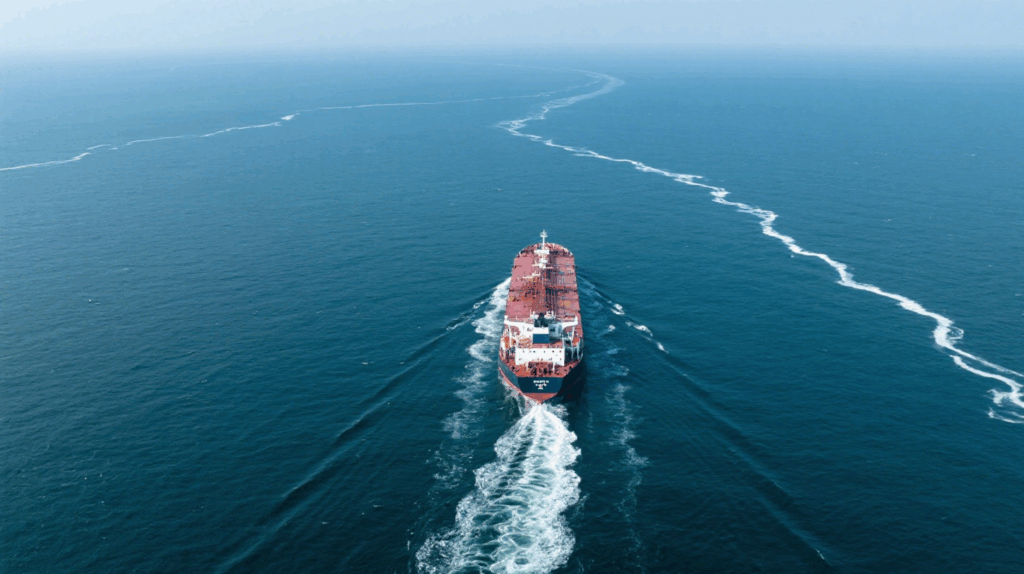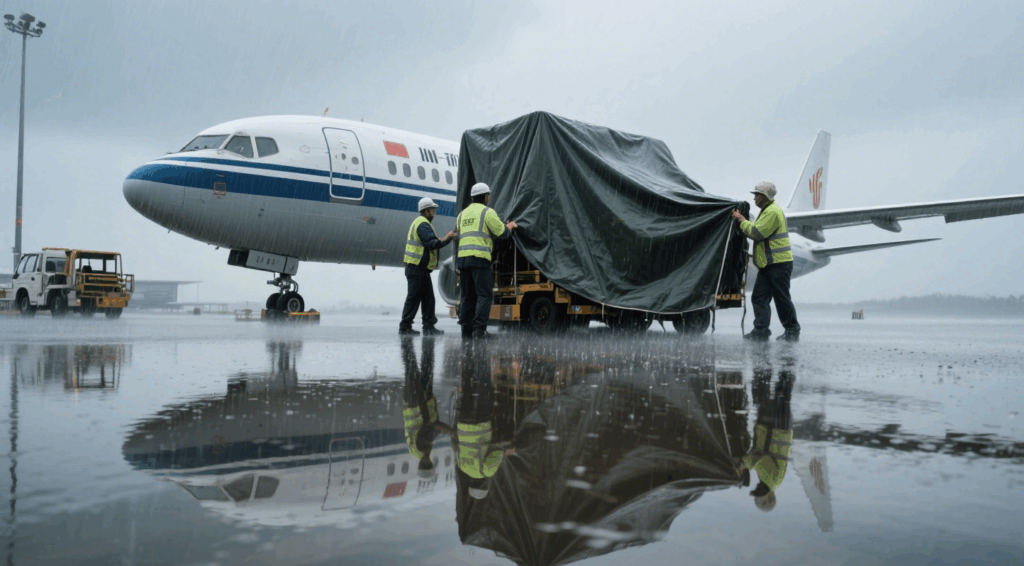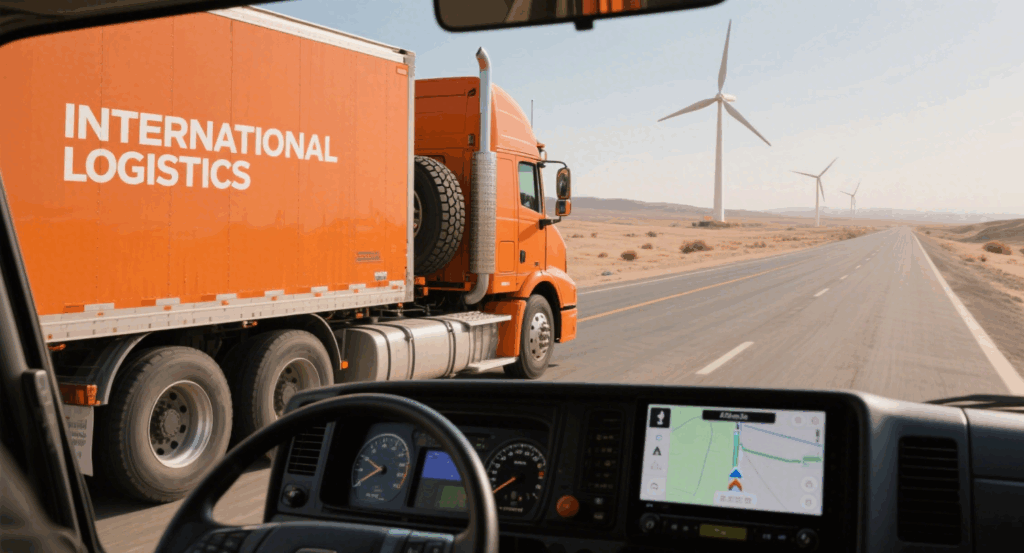Table of Contents
The demand for China shipping service has grown rapidly as China continues to be the world’s largest exporter. From small e-commerce parcels to full container loads of machinery, businesses across the globe depend on reliable freight services. But with so many choices—sea, air, and courier—importers often struggle to compare costs, understand terms, and avoid unnecessary delays.
This guide explores everything you need to know about China shipping services: how they work, the different modes of transport, related terms and conditions, differences across regions, and most importantly, real-world case studies with cost breakdowns.
What is China Shipping Service?
A China shipping service refers to freight and logistics solutions provided by carriers, forwarders, and couriers to move goods from China to destinations worldwide.
The service usually includes:
- Freight booking (sea, air, courier)
- Cargo consolidation (LCL shipments)
- Customs clearance and documentation
- Inland trucking and delivery
- Cargo insurance and tracking
What Does It Do?
A China shipping service helps importers:
- Reduce logistics complexity by handling bookings, customs, and delivery.
- Lower costs through consolidated cargo and negotiated rates.
- Ensure timely delivery by managing schedules and documentation.
- Provide visibility with cargo tracking and customer support.
Without these services, importers would face delays, hidden costs, and compliance risks.
How Do Services Differ by Mode of Transport?
| Mode of Transport | Avg. Cost | Transit Time | Best For |
|---|---|---|---|
| Sea Freight (FCL) | $2,200–$3,600 per 20GP | 25–40 days | Bulk cargo, heavy goods |
| Sea Freight (LCL) | $35–$55 per CBM | 30–42 days | Small–medium shipments |
| Air Freight | $6–$9 per kg | 5–10 days | Urgent, high-value goods |
| Courier / Express | $7–$12 per kg (<100kg) | 3–6 days | E-commerce, samples |
| Rail Freight (to EU) | $8,500–$9,800 per 40HQ | 18–22 days | Electronics, textiles |
- Sea freight: cheapest per unit, best for high volume.
- Air freight: balances cost and speed for mid-size shipments.
- Courier services: ideal for e-commerce and small businesses.
Relevant Terms and Conditions
- FOB (Free on Board): Seller handles delivery to port.
- CIF (Cost, Insurance, Freight): Seller pays for freight and insurance until destination port.
- DDP (Delivered Duty Paid): Seller covers everything, including customs and delivery.
- Bill of Lading (B/L): Proof of ownership in sea freight.
- Airway Bill (AWB): Equivalent for air cargo.
- Demurrage Fees: Charged if cargo isn’t cleared on time.
Regional Differences in China Shipping Service
- China → USA: Transit ~30–40 days by sea; customs strict, costs higher.
- China → Europe: 28–35 days by sea; rail option faster (18–22 days).
- China → Africa: Higher rates due to fewer return loads and port congestion.
- China → Middle East: Shorter sea routes, faster transit (15–20 days).
How to Avoid Problems
Common Issues & Solutions
- Hidden Costs: Always request full breakdown of charges.
- Customs Delays: Work with experienced service providers.
- Peak Season Delays: Book space weeks in advance.
- Damaged Goods: Use proper packaging and insurance.
Real-World Case Studies
📦 Case 1: Sea Freight (China → USA)
📍Cargo: 1×40HQ furniture
📍Origin: Shanghai
📍Destination: Los Angeles
📍Costs:
- Ocean freight: $4,900
- Local charges: $580
- Customs duties: $2,950
- Inland trucking: $700
- Total: $9,130
📍Transit Time: 34 days
📍Result: Importer avoided demurrage by using DDP service.
✈️ Case 2: Air Freight (China → Germany)
📍Cargo: 1,000 kg electronics
📍Origin: Shenzhen
📍Destination: Frankfurt
📍Costs:
- Air freight: $7,200
- Handling fees: $500
- Customs & VAT: $2,300
- Total: $10,000
📍Transit Time: 7 days
📍Result: Electronics seller launched products in time for promotions.
Conclusion
- Consult TJ China Freight Forwarding for the lowest quote. They will provide you with reliable, cost-effective service.
FAQ:
Q1.How can I compare China shipping service providers?
Check licenses, customer reviews, and range of services.
Q2.Which Chinese ports are best for exporting?
Shanghai, Ningbo, Shenzhen, and Qingdao are major export hubs.
Q3.Do China shipping services offer warehousing?
Yes, many providers offer storage and consolidation services.
Q4.Can I track my shipment online?
Yes, most providers offer real-time tracking systems.
Q5.Do shipping services include insurance?
Not always, importers should request cargo insurance.





